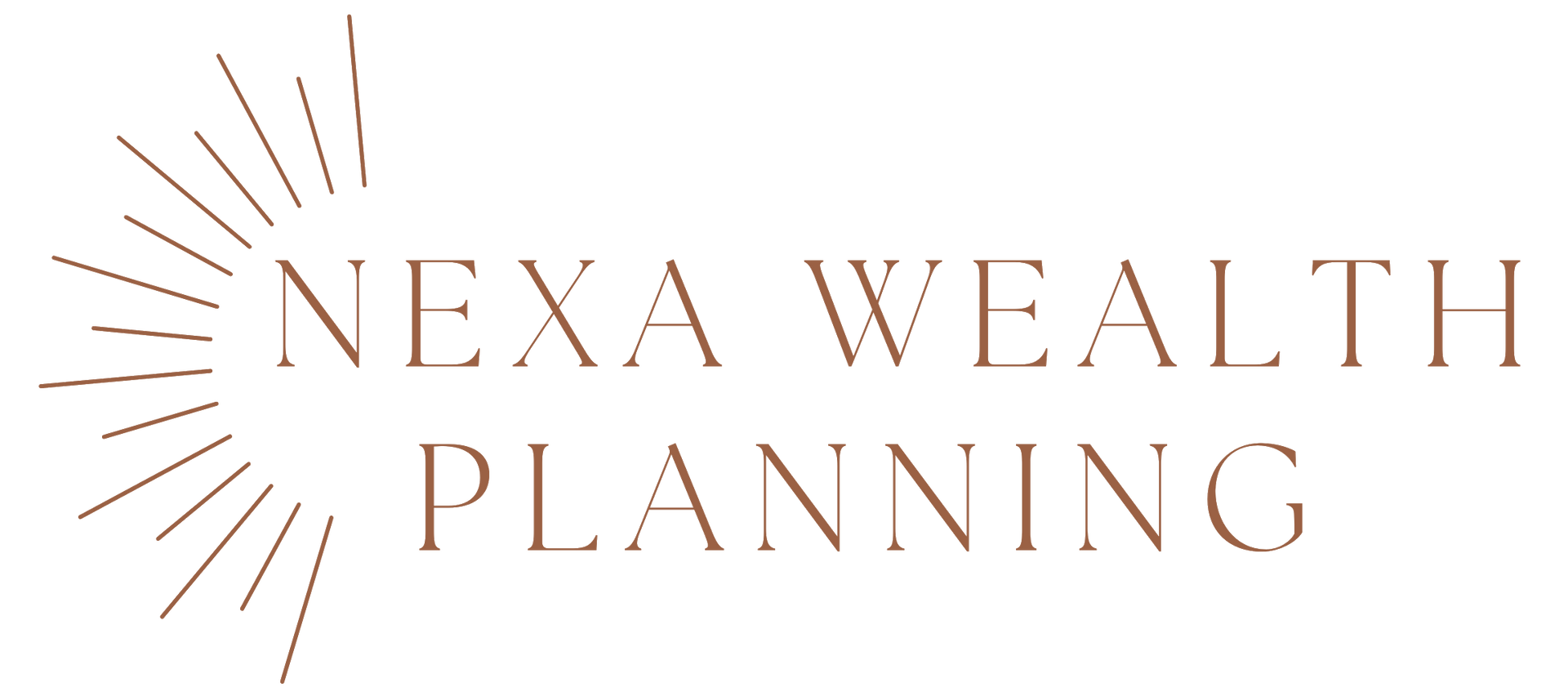The Subtle Signs Your Financial Plan Might Need a Refresh (Before 2026)
Renee Cohen | Nov 03 2025 20:21

If your goals have evolved, your plan should too. Here’s how to spot the signs it’s time for a check-in — before small gaps turn into big frustrations.
Why “Set It and Forget It” Doesn’t Work
I see this all the time — someone builds a beautiful financial plan, feels great about it, and then life happens.
New job. Bigger paycheck. A few curveballs. Suddenly, the plan that made perfect sense two years ago doesn’t quite fit anymore.
And that’s normal. Because your financial plan isn't supposed to stay the same. You're not the same person you were when you built it.
The goal isn’t perfection. It’s progress. And that starts with awareness.
Key takeaway: A financial plan should move with you, not sit on a shelf gathering dust.
1. You’re Making More But It Doesn’t Feel Like Progress
Your income’s gone up, but your sense of momentum hasn’t.
That’s usually the first red flag. Because when lifestyle upgrades start happening faster than intentional ones — the dinners out, the home projects, the “I deserve this” moments. Your plan quietly falls out of sync.
I’m not saying don’t enjoy your success.
I’m saying make sure some of that raise is working as hard as you are.
Quick Fix:
Open your banking app and look at the last 60 days of spending. Pick one category that’s crept up — travel, dining, subscriptions — and redirect that amount into savings or investments. Looking at your spending isn't meant for judgement, it's meant to make sure your lifestyle upgrades works in tandem with your strategy.
Key takeaway: More money doesn’t mean more freedom unless you give it direction.
2. Tax Season Still Feels Like a Pop Quiz
If April always sneaks up on you with surprise taxes (or a refund that feels too good to be true), your plan might need a mid-year tune-up.
Maybe your RSUs vested. Maybe your income jumped. Maybe you forgot to adjust withholdings after a promotion.
Tax planning isn’t glamorous, but it’s the difference between reacting and leading.
Quick Fix:
Do a quick projection with your CPA or planner before year-end.
If you received RSUs, bonuses, or side income, estimate your taxes now so you can make adjustments while it still counts.
A one-hour review can save you months of stress and potentially thousands in surprise taxes.
Key takeaway: Predictable taxes = peaceful planning.
3. You Haven’t Looked at Your Investments in a While
Markets shift. Interest rates move. Life evolves.
If you haven’t checked your portfolio in over a year, this is your friendly nudge.
Not because you should tinker constantly but because what once fit your goals might not anymore.
I often see clients with more cash sitting idle than they realize, or portfolios still built for “2022 them” instead of “2025 them.”
Quick Fix:
Check your retirement or brokerage accounts to see what percentage is sitting in one fund or even company stock.
If it’s over 10–15% of your total portfolio, that’s your cue to rebalance.
Diversification protects you from the “I thought it would bounce back” moment.
Key takeaway: Don’t invest to chase returns. Invest to build the life you want — with a long-term mindset and the flexibility to adjust as life changes, not as headlines do.
4. Your Goals Have Changed But Your Plan Hasn’t
Maybe you’re craving more flexibility. Maybe you’re thinking less about growth and more about freedom. Maybe your priorities just feel different.
Your plan should reflect that.
If it doesn’t, it’s not your fault. It just means it’s time for a refresh.
Quick Fix:
Revisit your top three priorities from 2025. Has your focus shifted?
Write them down in one sentence each. If your plan doesn’t reflect those priorities, it’s time to recalibrate.
Key takeaway: When your life evolves, your plan should too. Otherwise, you’re following an outdated map.
5. You’re Not Sure What “Enough” Looks Like Anymore
This one hits home for a lot of people (even the financially savvy ones). You’re saving, investing, and doing “the right things.”
But you're not sure what it's all leading to anymore. That’s a sign your plan’s lost its heartbeat.
Defining what “enough” means to you — whether that’s taking summers off, building generational wealth, or simply sleeping better at night — gives your money direction again.
Quick Fix: Spend five minutes journaling on this prompt:
“If my finances felt completely in flow, what would that look and feel like?”
Your answer often reveals the real goal your plan should support.
Key takeaway: When you know your version of “enough,” you stop operating from fear and start planning from purpose.
Final Thought
You don’t need to overhaul your plan, you just need to give it a pulse check.
A quick review before 2026 can help you spot what’s shifted, fine-tune what’s working, and walk into the new year feeling intentional instead of reactive.
Because financial confidence doesn’t come from doing everything right.
It comes from knowing your next right move and taking it.
Introducing a free five-day series to help you feel grounded and confident in your money again.
Because your finances shouldn’t feel complicated — they should move with you and support the life you’re building.
Join the Money, Made Simple Series.
Q: How often should I review my financial plan?
A: Once a year — or anytime your income, goals, or tax picture changes.
Q: What are signs my plan needs a refresh?
A: If your income has changed, your taxes feel unpredictable, your investments haven’t been reviewed, or your goals have evolved, it’s time to update your plan.
Q: Why review before 2026?
A: Year-end reviews help you catch tax opportunities, rebalance investments, and start 2026 aligned with your current goals.
About the Author
Renee Cohen is a financial planner and founder of Nexa Wealth, where she helps women turn strong income into smart strategy. Her approach blends practical planning with real-life balance, helping clients align their money with what matters most so their financial plans feel as good as they look on paper.
Connect with Renee:
Ask me anything
Work with Nexa Wealth


